Nobel Peace Prize to Kailash Satyarthi is a recognition of three decades of his selfless service to protect childhood. He gave up his job as an electrical engineer to dedicate himself to protecting and advancing child rights for over three decades now, freeing 80,000 child labourers and giving them new hope in life. It is largely due to his doggedness and zeal that NGO Bachpan Bachao Andolan has emerged as by far the most prominent child rights group in the country even as 60- year-old Satyarthi rose to become a global voice for the children’s cause. He has passionately argued that child trafficking and labour perpetuate poverty, unemployment, illiteracy and population growth.
From the factories exploiting children in the country’s biggest cities like Delhi and Mumbai to the hinterland of Odisha and Jharkhand where children are still illegally employed as bonded labourers, his organisation has rescued them in almost all parts of the country. He has advocated for stricter laws against child trafficking and labour and met with mixed success so far. While growing up, Satyarthi said he was concerned about the plight of child labourers around him and it finally prompted him to start an organised movement.
His early attempts to raid factories employing child labourers met with hostile reactions from the factory owners and at times the police but the significance of his work was slowly recognised. He also played an important role in the movement for Right to Education law for free compulsory education to children. Several prestigious awards have been conferred on him, including Defenders of Democracy Award (2009-US), Medal of the Italian Senate (2007-Italy), Robert F Kennedy International Human Rights Award (USA) and Fredric Ebert International Human Rights Award (Germany) etc.
In August, while declaring the block allocation illegal, the court had remarked that they were done by an “ad-hoc and casual” approach “without application of mind” and without looking into aspects of “common good and public interest”. The allocations lacked “transparent procedure” resulting in “unfair distribution” of a “national wealth” – coal – “which is king and paramount Lord of industry”, the court had observed. The disputed coal block allocations to private companies were made on recommendations by a screening committee set up in 1992 to evaluate the merit of applications from such power-generating companies to run captive coal mines. The government companies were allocated coal blocks by the coal ministry through the government dispensation quota.
Shares of metal companies like Jindal Steel, Tata Steel, Usha Martin and Hindalco fell in the stock market soon after the court order. Prime Minister Narendra Modi in his first speech from Red Fort on Independence Day, announced that the government would replace the Planning Commission with a new body, bringing the curtains down on the 64-year old institution founded on the former Soviet Union’s command-style development model.
India’s first Prime Minister Jawaharlal Nehru, inspired by the Gosplan-aided industrialisation of the Soviet Union, set up the Planning Commission in 1950. The dominant view at the time, drawn from Fabian socialism, backed the need for state-led planned industrialisation and development. For the first eight Plans, the emphasis was on a growing public sector with massive public investments in basic and heavy industries. The commission, housed at Yojana Bhawan a few hundred yards away from Parliament House, emerged as the government’s primary go-to think-tank for policy prescriptions. Former Prime Minister Manmohan Singh as well as President Pranab Mukherjee both served as the Planning Commission’s deputy chairperson, the body’s topmost executive. The prime minister is the chairperson of the commission.
—Prashant Tewari, Editor-in-Chief








 OpinionExpress.In
OpinionExpress.In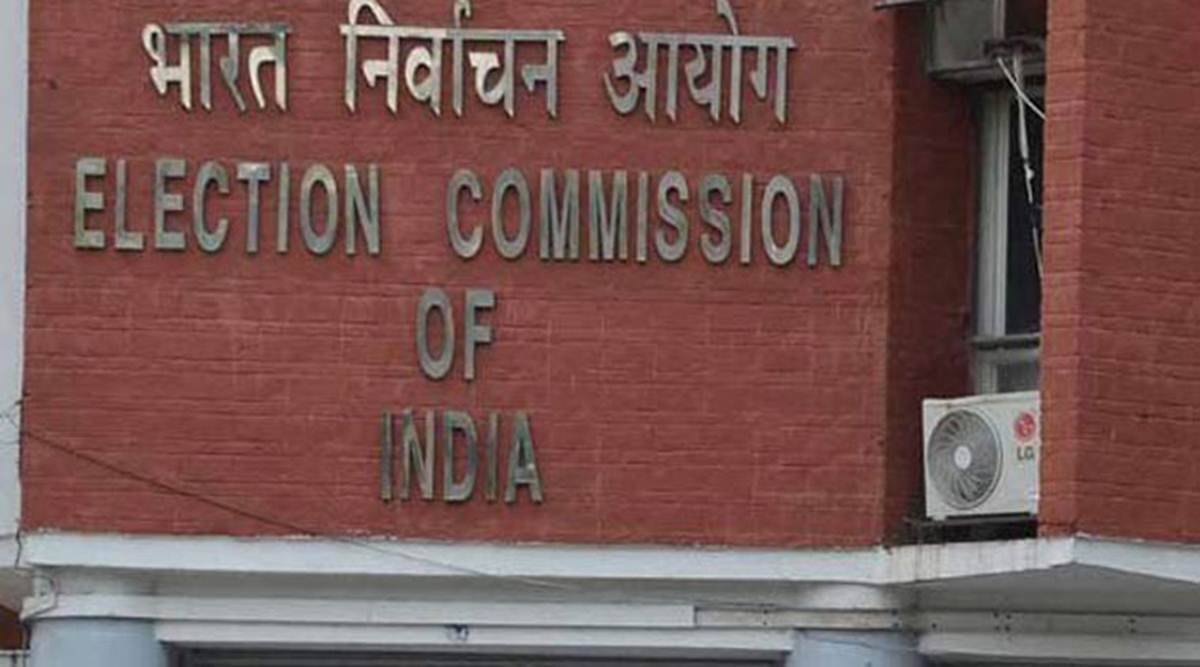
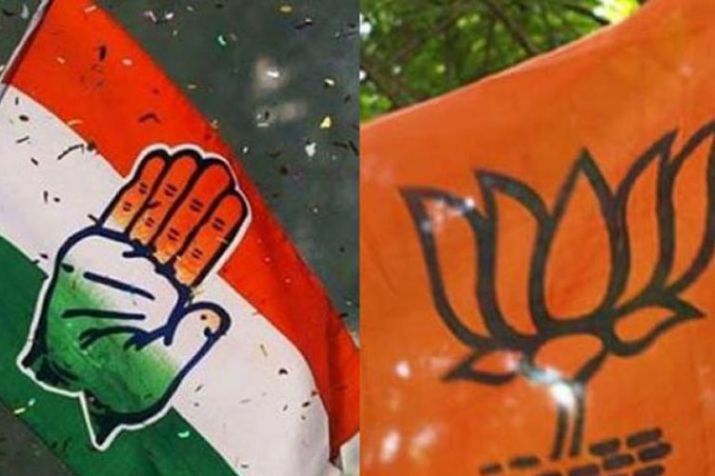

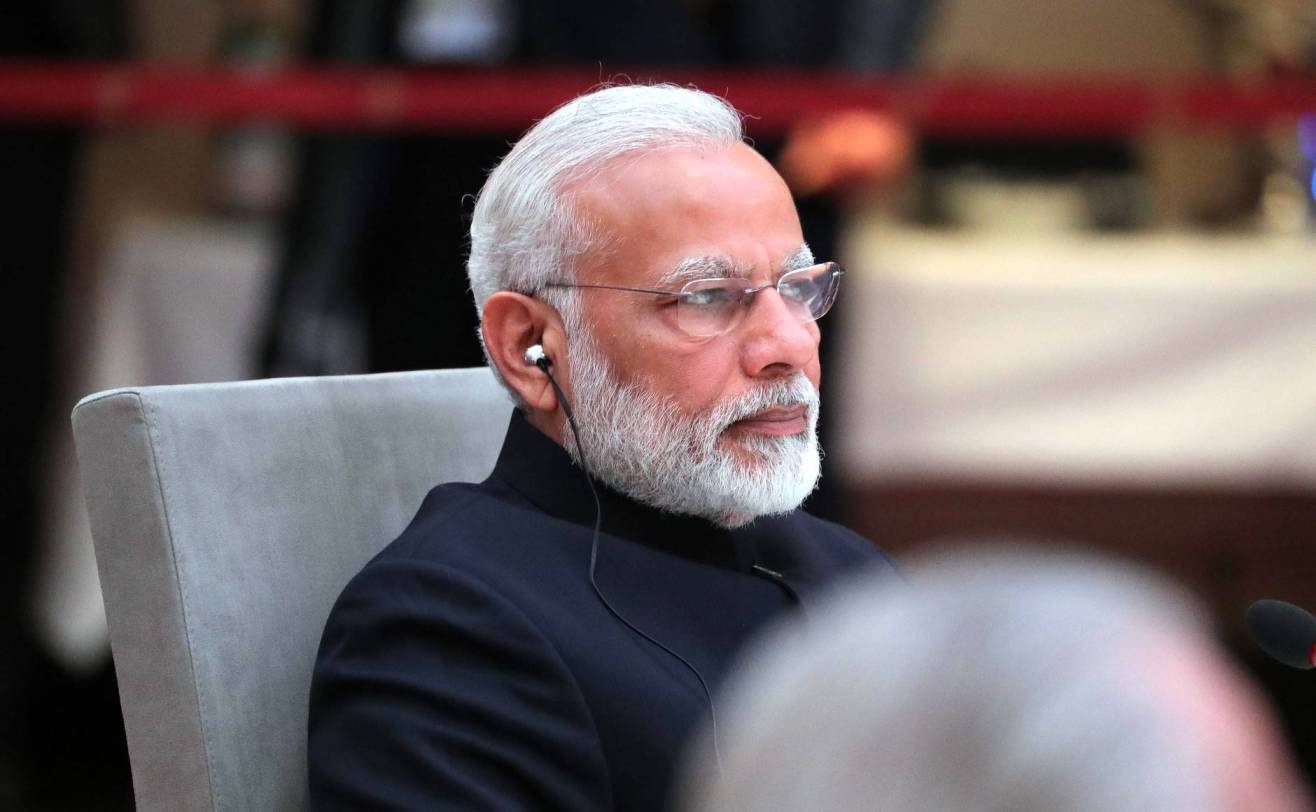
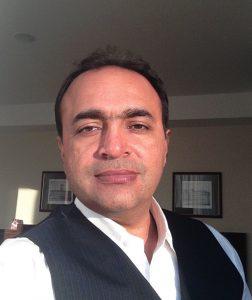
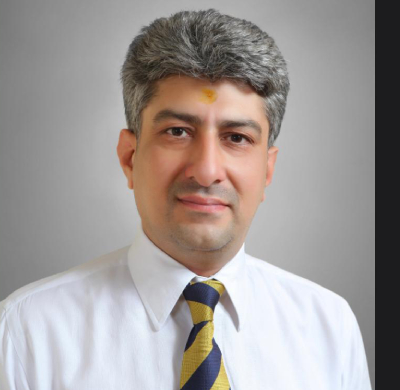

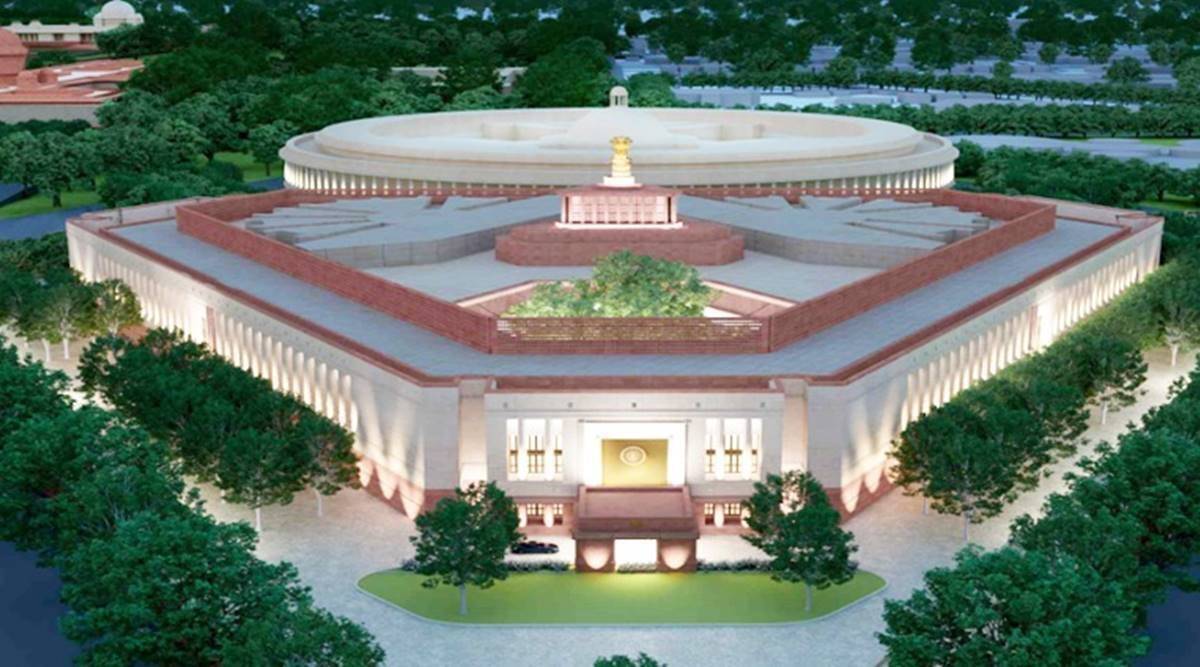

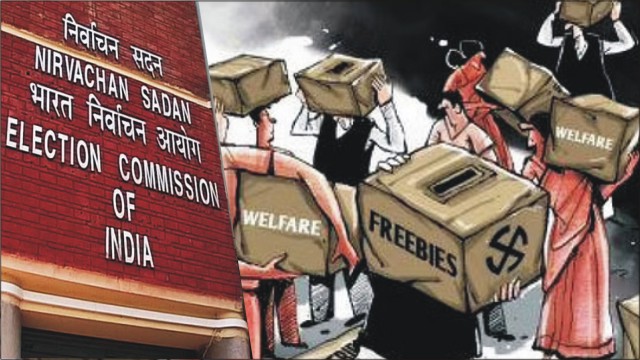






Comments (0)